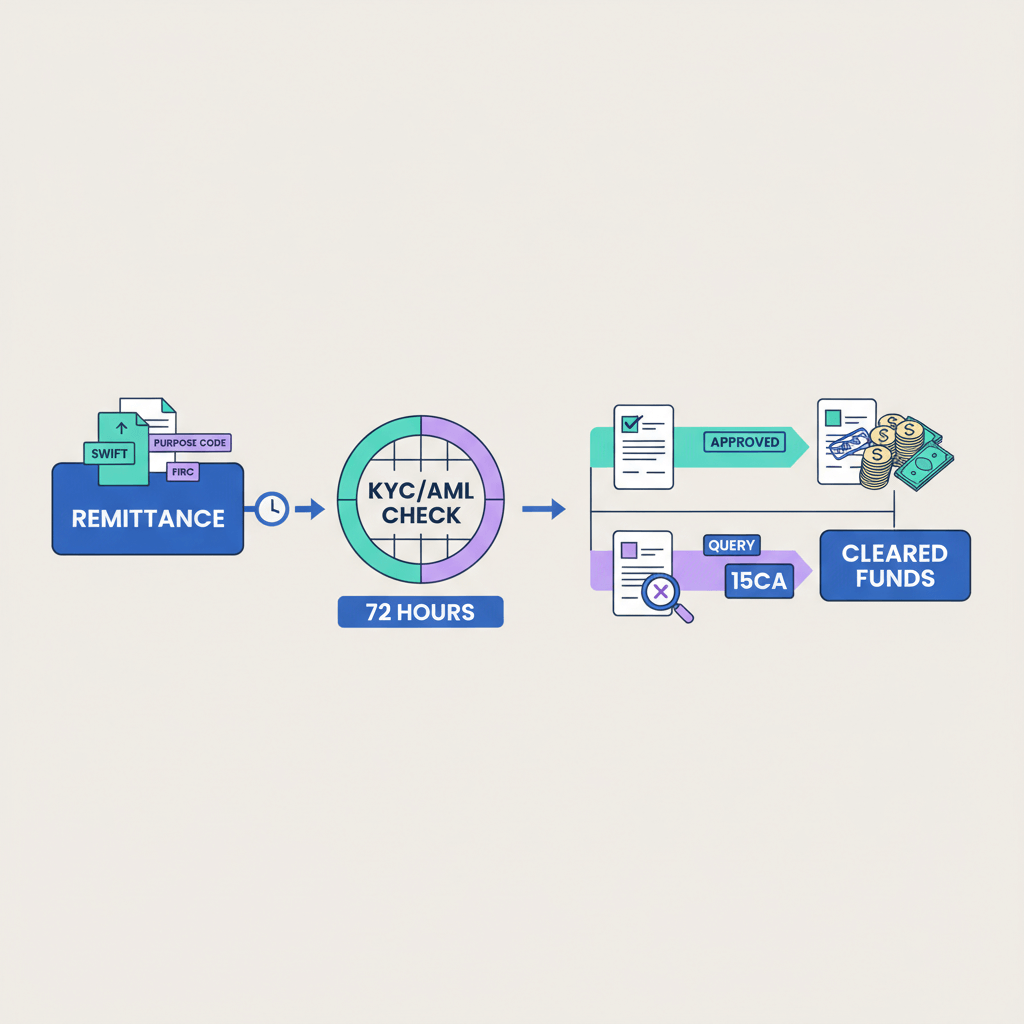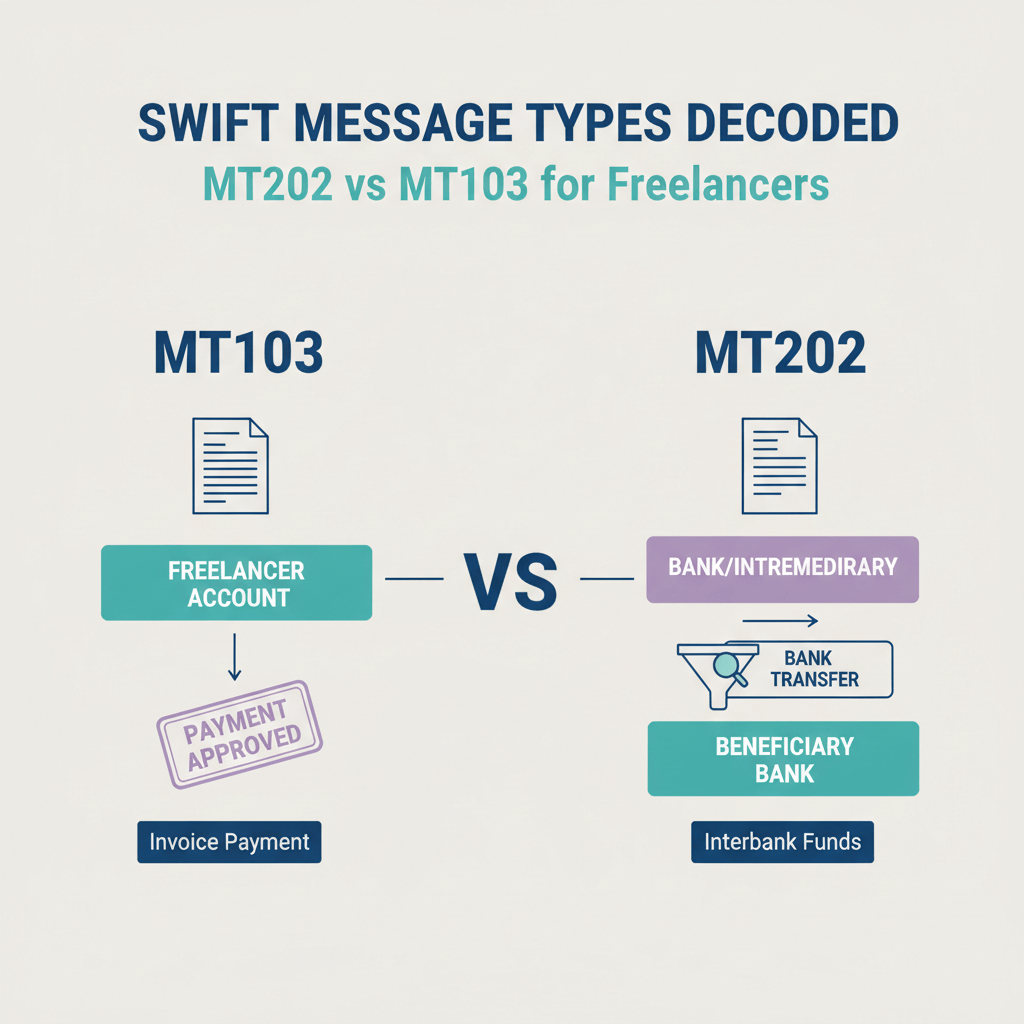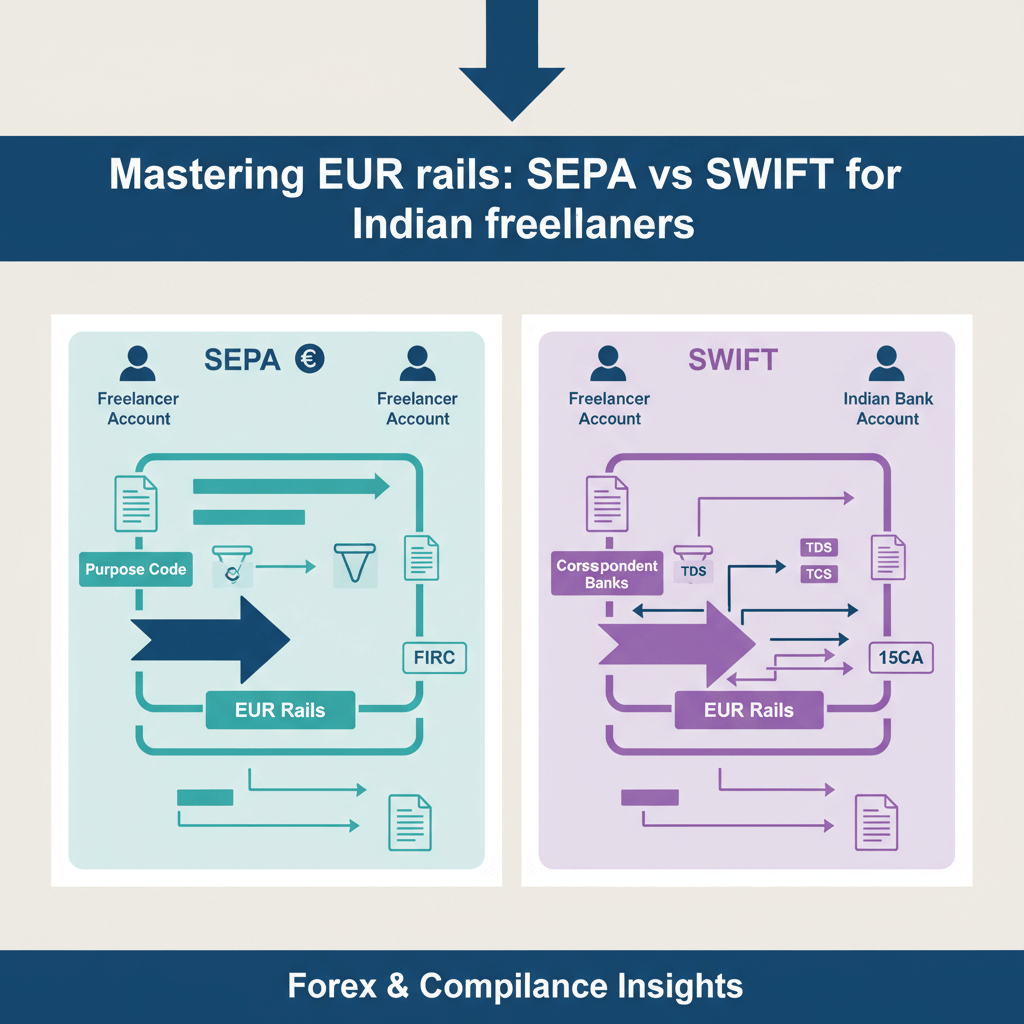Get all the documentation support you need with international finance experts from Karbon Forex.
An important idea in international taxes is Permanent Establishment or PE. A Permanent Establishment is defined as a stable business location in a foreign country that produces revenue or income. In India, tax laws say foreign companies with a PE in the country must pay taxes on what they earn, just like local companies.
This is where the No PE Certificate comes into play. It proves the company doesn’t have a Permanent Establishment in India. This document comes from either a foreign country’s tax office or an Indian one.
Read on to learn more…
What is a No PE Certificate?
A No Permanent Establishment (No PE) in India means a foreign company does not have a taxable presence in the country. In simple terms, the company does not meet the rules under Indian tax laws or the Double Taxation Avoidance Agreement (DTAA) to be seen as having a Permanent Establishment (PE). Without PE, the foreign company does not need to pay corporate tax in India on money earned here unless the DTAA says otherwise.
For a foreign company, proving No PE is important because having PE in India means paying taxes on profits at the usual tax rate. So, a No PE Certificate helps show that the company’s work in India does not count as PE. This lets the income get taxed only in the company’s home country.
Types of Permanent Establishment (PE) in India
To better understand No PE, it's important to know the types of Permanent Establishments under Indian tax law. These types depend on the kind of business activity and how it happens in India. The main types include these
Fixed Place PE
This means a long-term place of business, like an office, factory, or branch, where key business activities happen. If a company has a physical presence in India, a Fixed Place PE may exist. Examples include a permanent location where major business activities occur.
Project PE
A Project PE happens when a foreign company takes on a project like construction or setting up new equipment in India. Usually, a Project PE forms if the work lasts more than 6 to 12 months depending on the DTAA. Examples include big construction projects or long-term fieldwork.
Service PE
A foreign company creates a Service PE when its workers provide services in India for a set time. Usually, this applies if the workers stay longer than 90 days in a year. Examples include workers offering special consulting or technical help.
Agency PE / Dependent Agent PE
This form of PE develops when a foreign business has an agent in India who regularly closes deals for it. If the agent is dependent, meaning not free to act alone, then PE may exist. Examples include sales agents who close business for a parent company.
Subsidiary PE
Even though a subsidiary is a different legal company, Indian tax authorities may see PE if the parent business closely controls the subsidiary’s work. This happens if the subsidiary’s work is tied to and directed by the parent company in ways that show control.
How PE Affects the Tax of Foreign Companies in India
If a foreign company has PE in India, the effects on taxes may be large
Taxable Income
The money tied to PE in India gets taxed like income for local companies. This rate is around 40 percent now but can change. Figuring out what counts as profit for PE makes things hard for the company.
Withholding Tax
PE in India also means dealing with withholding tax on payments like royalties or fees. Missing these tax payments can lead to fines or interest charges, which could get pretty expensive.
Compliance Pressure
A foreign business with PE in India must follow the country’s tax rules like filing yearly tax forms and keeping accounts. They might also need to register for Indian GST if needed. Not following these rules could bring legal trouble.
Impact on Profits
Having a PE in India can reduce a company’s profits due to higher tax bills, added compliance costs, and perhaps paying double taxes if the DTAA is not followed well.
Risk of Past Tax Charges
In some cases, Indian tax officials might later decide that a company had PE in past years. This decision could result in extra taxes and legal fights. Taking steps to get a No PE Certificate helps avoid these kinds of problems.
So, a No PE Certificate helps foreign companies avoid paying taxes in India when not required and keeps their income taxed only in their home country under the DTAA.
Why Foreign Companies Need to Prove They Don’t Have a Permanent Establishment
Indian tax laws and treaties allow foreign companies to avoid being taxed in India if they show they don’t have a PE. Having a PE means the company has a regular place of business or people working for it in India for a long time.
Even companies doing things like IT services or consulting must show that they don’t meet the PE rules. With the No PE Certificate companies:
- Avoid paying taxes both in India and their home country.
- Obey Indian tax laws avoiding problems with tax officials.
- Lower how much tax they might have to pay on profits from India.
Consequences of Not Having a No PE Certificate
Not having a No PE Certificate could bring certain problems for a foreign business:
More taxes: India taxes income from a PE at rates up to 40%. This could hurt profits.
Past years: The business not following tax rules earlier may owe back taxes and fines if tax officers think it had a PE before.
Bad image: Not following India’s tax rules may hurt trust and harm future business deals.
More work: Companies with a PE must do more paperwork like tax forms and audits. This increases costs and takes up time.
How to Get a No PE Certificate in India
Below is a simple guide on what’s needed to get a No PE certificate.
Documents Needed
Foreign companies must provide several documents when requesting a No Permanent Establishment (PE) Certificate from Indian tax offices. These are the typical documents
Tax Residency Certificate (TRC): The tax office in the company’s home country gives this. It proves the company is registered as a taxpayer there. It helps with using benefits from the Double Taxation Avoidance Agreement (DTAA).
Company Incorporation Certificate: This shows the company is legally set up in its own country.
Contracts with Indian Clients: Companies need to show their deals with Indian businesses. These deals help prove the company doesn’t have a PE.
Proof of Work Done Abroad: Examples include bills or contracts. These documents prove that all work happens outside India even if the client is Indian.
Activity Report: A simple description of what the company does in India. This should include the nature of work, work duration, and locations.
Declaration by the Company: A written statement saying the business does not have a fixed office or agents in India.
Process for Getting the No PE Certificate
Step 1: Application Submission: The company files an application with the Indian tax department, explaining what it does in India and attaching all needed documents.
Step 2: Document Verification: The tax office verifies the documents. They decide if the company’s work creates a PE under the existing Indian laws and the DTAA. If no PE exists, they move forward with issuing the certificate.
Step 3: Certificate Issued: Once approved, the tax office issues the No PE Certificate. This certificate covers the time period included in the application.
Step 4: Share with Indian Businesses: After receiving the certificate, the company gives it to Indian clients as proof that it isn’t taxed in India. This way, local businesses won’t take taxes from the payments.
Duration and Renewal of No PE Certificate
The certificate comes with an expiration date, often linked to the financial year when the company applies. Companies need to keep track of this and apply for a new one before it runs out to avoid tax problems. Typically, it lasts for one financial year or for the length of a specific project in project-based work.
Renewing the No PE certificate involves giving the tax office updated documents and informing them of new contracts or work in India.
Conclusion
Foreign companies should know about India's Permanent Establishment rules. Small mistakes might lead to extra taxes that are hard and expensive to handle. Is it worth risking this? Probably not. Tax advisors who know international tax laws and India's PE rules can provide the expertise needed. Their help protects businesses from tax problems and keeps everything running without big issues.
FAQ
What is the penalty for not having a No PE Certificate in India?
If a foreign business doesn't get a No PE Certificate in India, it could end up paying a lot in taxes. Without the certificate, the government in India might think the company has a Permanent Establishment (PE) in the country. This situation leads to local corporate taxes. Besides owing taxes, the company might have to pay extra fees or interest for late payments. This hurts the business's ability to keep profits.
Can a No PE Certificate be used retroactively to claim tax relief?
Usually, a No PE Certificate doesn’t work for reducing past taxes. It shows that a business won't be taxed for a certain time in the future. If a company doesn't get the certificate on time, tax payments from before will not change.
Do all foreign businesses need a No PE Certificate in India?
No, not all foreign companies need the certificate. It depends on what the business does in India. If there’s no big presence like an office, workers, or agents in India, the company usually doesn't create a PE. But if a business often sends people, works on long projects, or has employees in India, it's better to get the certificate to avoid tax issues.
How is a PE different from a subsidiary in India?
A Permanent Establishment (PE) means a foreign company has temporary or lasting operations in India like an office or an agent, and it’s taxed by India. A subsidiary is fully registered in India and functions like an Indian company, paying taxes on all its income in India. The two are not the same: one is more temporary, and the other follows local laws closely.
Is the No PE Certificate mandatory?
The No PE certificate is not required for every foreign business. If the business makes money from working with Indian companies but doesn't have a physical presence like a PE, the certificate helps prove this to tax authorities.
Who issues the No PE Certificate?
The Income Tax Department of India gives the certificate. The company must provide documents like TRC, Form 10F etc. to prove they don’t have a PE in India. If the tax officials agree with the information, they hand out the certificate.
When is a No PE Certificate required?
The certificate comes into play when a foreign company does business with Indian firms but has no physical spot or workers in India. It’s needed to
- Show the business doesn’t have a PE by Indian tax rules.
- Be sure clients in India don’t take out taxes on payments.
- Avoid taxes twice in both the company’s home country and India under the tax treaty.
Is No PE certificate required for form 10F?
The No PE Certificate shows the business isn’t taxed in India. Form 10F supports this by including other details, like a tax residency certificate (TRC). Both work together to stop extra taxes on foreign companies in India.


.png)








